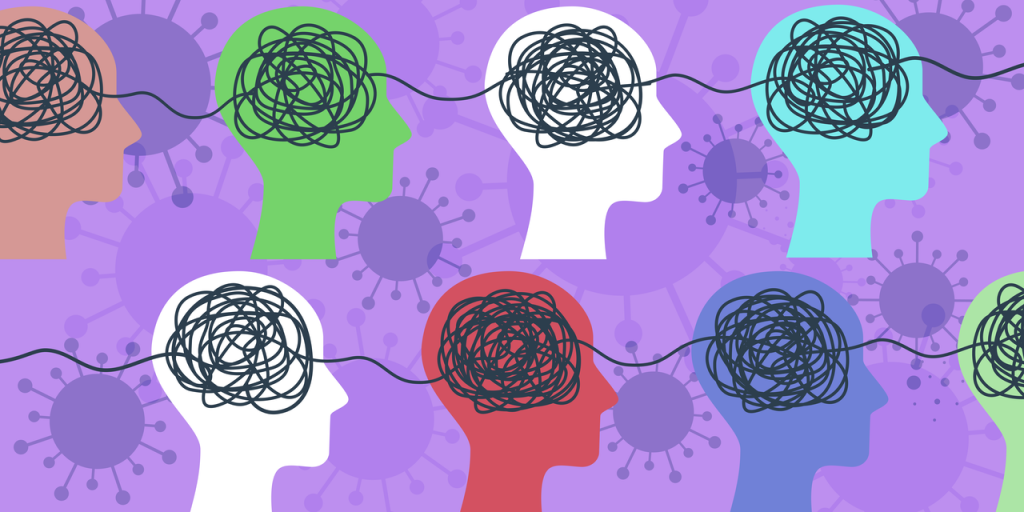In the realm of mental health, the concept of integrative approaches has emerged as a beacon of hope and transformation. The traditional model of treating mental health issues in isolation is evolving into a more holistic and interconnected paradigm. This shift, often referred to as Harmonizing Minds, represents a comprehensive approach that recognizes the intricate interplay of biological, psychological, and social factors influencing mental well-being. At its core, integrative mental health seeks to bridge the gap between conventional and alternative therapies. It recognizes that mental health is not a one-size-fits-all scenario and that diverse individuals may benefit from a variety of interventions. This approach fosters collaboration among different mental health professionals, including psychiatrists, psychologists, social workers, and alternative therapists, working together to address the multifaceted nature of mental health challenges. One facet of integrative mental health is the acknowledgment of the mind-body connection. Practices such as mindfulness, yoga, and meditation are increasingly incorporated into treatment plan to promote self-awareness and emotional regulation.

These techniques not only provide tools for managing stress but also contribute to the prevention of mental health issues by fostering resilience. Furthermore, integrative mental health extends its reach to include nutritional and lifestyle interventions. Research suggests a strong connection between diet and mental health, with certain nutrients influencing brain function and mood. Integrative approaches consider the impact of lifestyle factors such as sleep, exercise, and social connections on mental well-being, aiming to create a balanced and supportive environment for individuals. Collaboration is a cornerstone of integrative mental health services. Rather than isolating different therapeutic modalities, practitioners from various disciplines work together to tailor treatment plans to the unique needs of each individual. For example, a person struggling with anxiety may benefit from a combination of cognitive-behavioral therapy, medication management, and mindfulness practices, providing a more comprehensive and personalized approach to care. Another crucial aspect of integrative mental health is the inclusion of cultural competence. Recognizing and respecting diverse cultural perspectives is essential for effective mental health care.
Integrative approaches prioritize inclusivity and strive to understand the cultural context of each individual, ensuring that treatments align with their values, beliefs, and traditions. Despite the progress made in the field of integrative mental health, challenges persist. There is a need for increased collaboration among healthcare providers, breaking down silos that often separate different therapeutic approaches and go here https://lakeviewmentalhealth.com/mental-health-services/. Additionally, public awareness and education about the benefits of integrative mental health services are crucial to overcoming skepticism and fostering widespread acceptance. Harmonizing minds represents a paradigm shift towards more inclusive, personalized, and holistic mental health care. Integrative approaches offer a promising avenue for addressing the complexity of mental health issues by recognizing the interconnectedness of biological, psychological, and social factors. As we continue to explore and refine these approaches, a future where mental health care is truly harmonized, embracing diversity and collaboration, appears within reach.